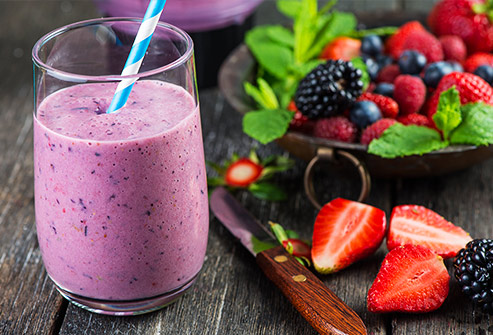-
Protein Powder Can Provide Boost But What to look out for?
02.09.2017 “I’d be more concerned about the non-protein components of a supplement,” he says. “There may be ingredients in some designer, proprietary supplements that we don’t know what the effects are or what we’re consuming.”What Else Is In Protein Powder?There are other concerns, too. In 2010, Consumer Reports tested 15 protein drinks for heavy metals such as cadmium, lead, arsenic, and mercury. Three of them had potentially harmful amounts of contaminants, based on federal safety guidelines.That same year, ConsumerLab, which independently tests supplements, said nearly a third of 24 protein supplements they tested for quality assurance failed. Two of them had a potentially risky amount of lead. Others had more cholesterol or sodium than was listed on the label.
“I’d be more concerned about the non-protein components of a supplement,” he says. “There may be ingredients in some designer, proprietary supplements that we don’t know what the effects are or what we’re consuming.”What Else Is In Protein Powder?There are other concerns, too. In 2010, Consumer Reports tested 15 protein drinks for heavy metals such as cadmium, lead, arsenic, and mercury. Three of them had potentially harmful amounts of contaminants, based on federal safety guidelines.That same year, ConsumerLab, which independently tests supplements, said nearly a third of 24 protein supplements they tested for quality assurance failed. Two of them had a potentially risky amount of lead. Others had more cholesterol or sodium than was listed on the label.And not all protein powders contain what the manufacturers claim. In 2015, Brazilian researchers tested 20 protein supplements. Eleven of them, including four made in the U.S., had less protein than stated on the label.In 2013, a panel of nutrition experts reviewed protein supplements for the U.S. military. They did note worries regarding quality control and contaminants, but they concluded that such supplements generally appear to be safe for healthy adults.
Source: Protein Powder Can Provide Boost But At What Cost?
Latest Blog Post
- Sugary Drinks Linked to a Higher Cancer Risk
- The Latest Research on Protein and Muscle-Building
- 27 Health and Nutrition Tips That Are Actually Evidence-Based
- Tall order: More to good growth in toddlers than just measurements
- Millions of cardiovascular deaths attributed to not eating enough fruits and vegetables

